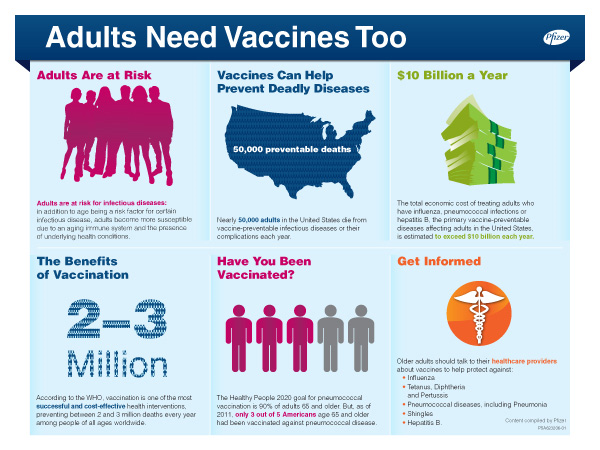drug availability within PHC and free immunization for adults .
1.Drug availability within Primary Health Care
Primary health care (PHC) addresses the main health problems in the community, providing preventive, promotive, palliative, curative, and rehabilitative services accordingly. The Alma-Ata declaration has outlined the eight essential components of PHC and provision of essential medicines is one among them. World Health Organization (WHO) introduced the concept of essential medicines. “Essential medicines are those that satisfy the priority health care needs of the population. Essential medicines are intended to be available within the context of functioning health systems at all times in adequate amounts, in the appropriate dosage forms, with assured quality and adequate information, and at a price the individual and the community can afford”. The WHO states that essential medicines should be available at all times in an adequate health system (Bigdeli et al., 2014). In many Developing Countries, the availability of essential medicines has been poor particularly in the public sector (Bigdeli et al., 2014)
African household surveys estimated that approximately 20% of patient visits to public health facilities end with patients unable to receive medicines due to stock outs and shortages (Wagenaar et al., 2014). The unavailability of medicines has been found to be one of the important barriers to accessing essential medicines in South Africa (Magadzire et al., 2014).
According to (WHO) drugs should be made available at all times in a primary health care. Lack of drugs can be caused by a few factors namely, lack of human resource capacity, exhaustion of budget, faulty ordering practices in facilities, corruption also lack of transportation of drugs. additionally, there are ways to improve the availability of drugs in primary health care. Collaboration with other sectors can be effective, the department of health should allow public sector.


2. Free Immunization for adults.
The must be free immunization for adults, countrywide vaccine preventable diseases are significantly contributing to morbidity and mortality of adults. Simple because of the financial stability gap between individuals that some can afford getting immunization out of their own costs and some cannot afford to.
Thus Primary Health Care must adapt to the idea of free immunization for adults. In order to fight the death rate due to vaccine-preventable diseases. And remove the focus of vaccination only on children but extend it to everyone regardless of their location in the country. Immunization is a simple and effective way of protecting infected people. It works by triggering the immune system to fight against certain diseases. If a vaccinated person comes to contact with a disease that they have been vaccinated against, their immune system is able to respond more effectively. Most adults are not aware that they need vaccines throughout their lives to be protected.


Comments
Post a Comment